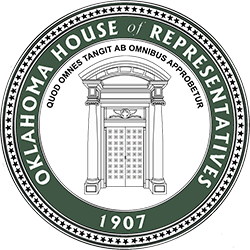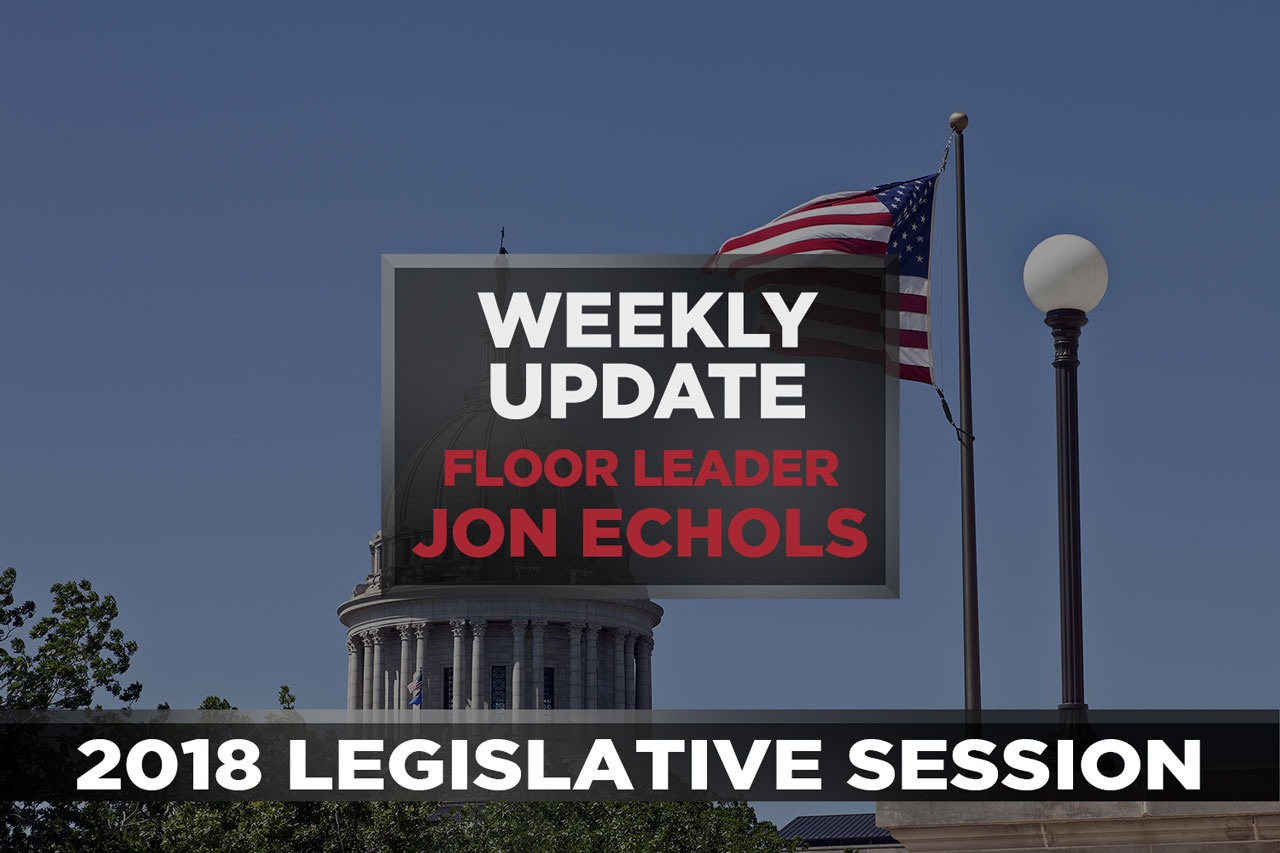
Senate Passes Smart on Crime Reform Bills
A slate of bills aimed at improving public safety and reducing Oklahoma’s overcrowded prisons by reducing mandatory minimum sentences for some drug crimes, giving prosecutors more discretion in filing charges and expanding eligibility for drug courts passed out of the Senate Appropriations Committee this week.
Four of the bills were authored by state Rep. Pam Peterson.
House Bill 2472 would give district attorneys discretion to file any crime as a misdemeanor, except those requiring a sentence of 85 percent or more upon conviction, after considering the nature of the offense, the age, background and criminal history of the defendant, the character and rehabilitative needs of the defendant and the best interests of justice.
House Bill 2479 would adjust mandatory minimum and maximum sentences for felony drug possession. Under current law, mandatory minimum and maximum sentences are 2-10 years for a first offense, 4-20 years for a second offense and 4-20 years for a third offense. This bill would adjust those sentences to 0-5 years for a first offense, 0-10 years for a second offense and 4-15 years for a third offense.
House Bill 2751 would increase the threshold from $500 to $1000 to be charged with a felony property crime.
House Bill 2753 would expand eligibility for drug courts and community sentencing to more defendants. Under current law, a defendant must have a previous felony conviction to be eligible for those alternative sentencing programs.
The committee also passed two bills authored by House Speaker Jeff Hickman.
House Bill 3159 would mandate that any offender serving an “85 percent” sentence would be subject to a parole hearing upon completing 85 percent of their sentence. The bill stipulates that any offender who waives their constitutional right to a parole hearing would be eligible for only a maximum of five percent of earned credits against time served, ensuring the offender will serve at least 95 percent of his or her sentence.
House Bill 3160 would create a financial earned credit of three percent against the balance of accumulated fees and fines for every 30 days served. The measure also provides that, upon release, an offender who makes 24 months of successful payments toward the balance of those fees and fines would be eligible to have their remaining balance waived.
The bills will now head to the Senate floor for consideration.
Alcohol Modernization Bill Heads to House Floor
A measure that would allow citizens to vote to modernize the state’s laws on the sale of beer and wine passed out of the House Rules Committee this week.
Senate Joint Resolution 68, by state Rep. Glen Mulready and state Senators Stephanie Bice (R-Edmond) and Clark Jolley (R-Edmond), would place a question on the November ballot to allow voters to remove the Alcohol Beverage Laws Enforcement (ABLE) Commission from the state Constitution. The commission would be replaced by a regulatory body created by statute.
The bill would allow cold wine and beer to be sold in liquor stores, grocery stores and convenience stores – something currently allowed in 42 states.
The bill passed out of the House Rules Committee by a vote of 6-3 and now moves to the House floor for consideration.
Committee Approves Use of Automated License Plate Readers
Legislation approved this week in a House committee would authorize the use of automated license plate readers to flag uninsured motorists at a time when Oklahoma leads the nation in uninsured motorists on the road.
One in four vehicles in Oklahoma does not have insurance, state Rep. Ken Walker said. Senate Bill 359, by Sen. Corey Brooks and Walker, would authorize law enforcement to compare the license plate number with an Oklahoma Insurance Department list to determine if the owner of the plate has insurance.
Walker said as a privacy rights advocate, he tries to balance enforcement needs with privacy issues. The legislation does require that license plate photographs that are shown to be of insured vehicles must be destroyed. Furthermore, a second bill, Senate Bill 1144, by Sen. Nathan Dahm and Walker, creates the Automatic License Plate Reader Privacy Act. It makes the misuse of data subject to legal action and provides that captured data is not a public record.
Senate Bill 359 and Senate Bill 1144 were both approved by the House Appropriations Committee Thursday by votes of 20-5 and 22-3, respectively.
Budget subcommittee votes to support charitable vehicle donations
Legislation approved Monday by a budget subcommittee would allow charitable organizations that receive vehicles for needy individuals to bypass an excise tax on those motor vehicles.
Senate Bill 1459, Sen Gary Stanislawski and Rep. Ken Walker, would allow the charitable organizations that receive these vehicles to use dealer plates instead of having to retag the vehicle and pay an excise tax, Walker said.
Walker said the Car Care Clinic in Tulsa is an example of such an organization.
Senate Bill 1459 was approved by a vote of 7-0 in the House Appropriations and Budget Subcommittee on Revenue and Taxation. It now proceeds to the full A&B committee for consideration.

